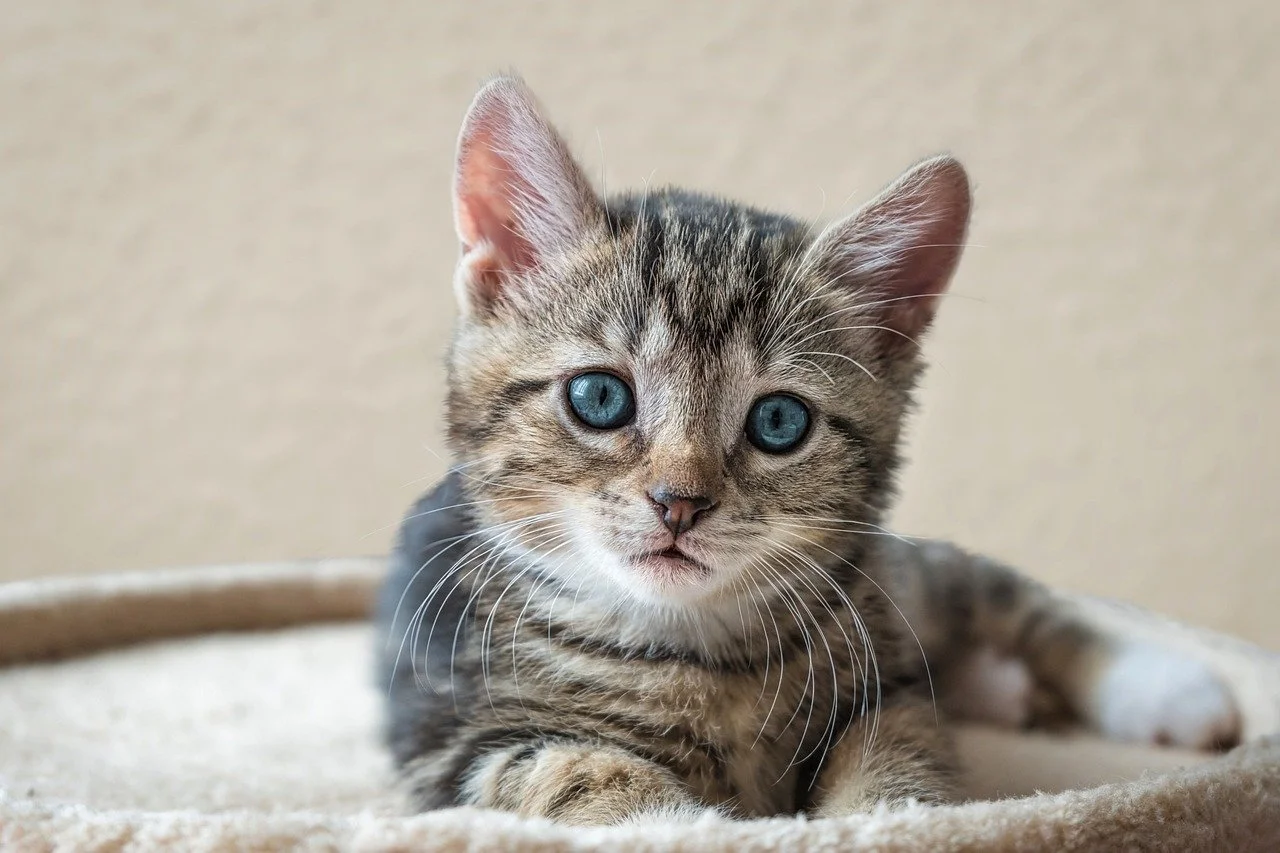Why Do Cats Purr and What Are They Telling You?
Cats are fascinating creatures, and one of their most intriguing behaviors is purring. While many assume that a cat's purr is solely a sign of happiness, the reality is more complex. Cats purr for a variety of reasons, both positive and negative. Let's explore the different meanings behind a cat's purr and understand what this behavior really means.
How Do Cats Purr?
The purring sound that cats make is a unique vocalization. It occurs when a cat breathes and air passes over the glottis, causing the vocal folds to open and close rapidly. This creates a continuous vibration as the cat inhales and exhales, with a brief pause between the two phases. The diaphragm also plays a role in producing this soothing sound.
Why Do Cats Purr?
1. Contentment and Happiness
Cats often purr when they are content, excited, or in a positive emotional state. You might notice your cat purring when they are in a familiar environment, eating, or lounging on your lap. This type of purring is usually accompanied by a relaxed facial expression and body language.
2. Anxiety and Stress
Interestingly, cats may also purr when they are anxious. This can be a coping mechanism to help reduce stress. For example, a cat might purr when being examined by a veterinarian or after returning home from a stressful outing. In these cases, purring serves as a self-soothing behavior.
3. Greeting and Social Interaction
Cats sometimes purr as a form of greeting. This is usually a short purr directed at people or other cats, indicating a friendly interaction. Mother cats also purr when approaching their kittens, reinforcing their bond.
4. Seeking Attention
When a cat wants attention, they may purr to solicit physical interaction, such as petting or scratching. Cats might also purr when rubbing against people, other cats, or objects, signaling their desire for connection.
5. Illness or Pain
Cats can purr when they are sick or in pain. In such situations, purring may be a way for the cat to ask for care or comfort. Some cats even purr when they are near death, as the sound may provide comfort during distressing times.
Why Do Kittens Purr?
Kittens begin purring as early as two days old, often while nursing. This behavior continues as they grow, with kittens purring in situations similar to adult cats, such as greeting littermates or requesting food.
Understanding Cat Purring
To interpret a cat's purring, consider their body language and the context. A cat that approaches with their tail up while purring is likely greeting you, whereas a cat that is crouched and purring might not be feeling well.
FAQs About Cat Purring
Why do cats purr when you pet them?
Cats purr during petting to indicate enjoyment and encourage continued interaction.
Why do cats purr and knead?
This behavior may stem from kittenhood, as kittens knead and purr while nursing. For adult cats, it often signifies a positive emotional state.
Are cats happy when they purr?
While purring can indicate happiness, it can also signal anxiety or discomfort. Observing the cat's body language is key to understanding the cause.
Understanding the various reasons behind a cat's purr can enhance the bond between you and your feline friend, helping you respond appropriately to their needs and emotions.
If you found this blog post interesting, give GemmiYup a follow on social media below:
💎 Instagram - https://www.instagram.com/gemmiyup
💎 Facebook - https://www.facebook.com/profile.php?id=61562461457855&mibextid=ZbWKwL
💎 TikTok - https://www.tiktok.com/@gemmiyup
💎 X/Twitter - https://x.com/GemmiYup
💎 Pinterest - https://pin.it/2t2BUjZrf
💎 YouTube - https://youtube.com/@gemmiyup
Your support is greatly appreciated!

